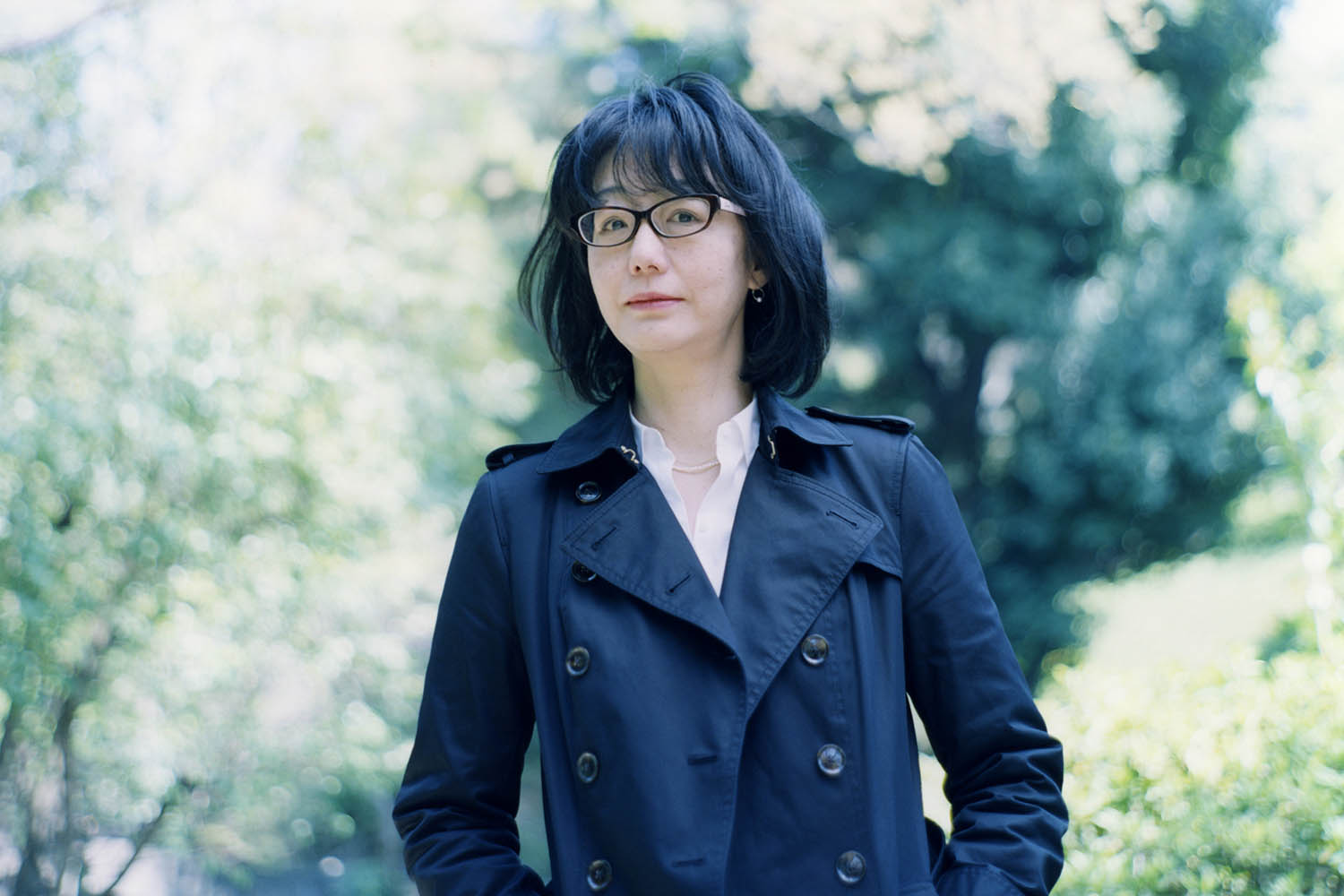
In this dreamy dystopia by the author of Strange Weather in Tokyo, the end of humanity comes not with climate apocalypse and uncontrollable wildfires but a protracted, increasingly passive decline. Children are raised in bland, colourless atomised societies by benign “mothers”.
Some people are cloned from animals, and Kawakami’s characters often appear as eerie variants of each other. An uncanny, barely imperceptible force is at work, quietly recalibrating human biology. Humans themselves are powerless to intervene.
Just as the human genome is retooled, so Kawakami plays with structure and purpose to retool the novel form, yet the overall impression is one of humankind apathetically allowing its own destruction.
One is reminded of the scene in War and Peace in which Moscow burns not because Napoleon set it on fire but because the fleeing Russians deserted a town made of wood.










